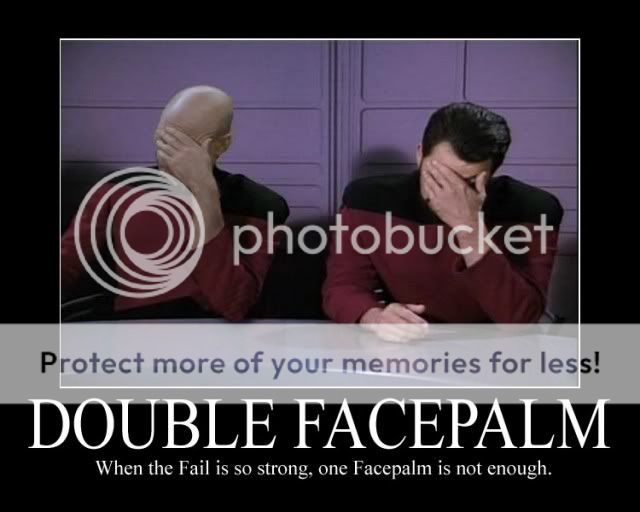Scholarly peer review (also known as refereeing) is the process of subjecting an author's scholarly work, research, or ideas to the scrutiny of others who are experts in the same field. Peer review requires a community of experts in a given (and often narrowly defined) field, who are qualified and able to perform impartial review. Impartial review, especially of work in less narrowly defined or inter-disciplinary fields, may be difficult to accomplish; and the significance (good or bad) of an idea may never be widely appreciated among its contemporaries. Although generally considered essential to academic quality, and used in most important scientific publications, peer review has been criticized as ineffective, slow, and misunderstood (see anonymous peer review and open peer review).
Pragmatically, peer review refers to the work done during the screening of submitted manuscripts and funding applications. This process encourages authors to meet the accepted standards of their discipline and prevents the dissemination of irrelevant findings, unwarranted claims, unacceptable interpretations, and personal views. Publications that have not undergone peer review are likely to be regarded with suspicion by scholars and professionals.
[edit] Justification
It is difficult for authors and researchers, whether individually or in a team, to spot every mistake or flaw in a complicated piece of work. This is not necessarily a reflection on those concerned, but because with a new and perhaps eclectic subject, an opportunity for improvement may be more obvious to someone with special expertise or who simply looks at it with a fresh eye. Therefore, showing work to others increases the probability that weaknesses will be identified and improved. For both grant-funding and publication in a scholarly journal, it is also normally a requirement that the subject is both novel and substantial.[dubious – discuss]
Furthermore, the decision whether or not to publish a scholarly article, or what should be modified before publication, lies with the editor of the journal to which the manuscript has been submitted. Similarly, the decision whether or not to fund a proposed project rests with an official of the funding agency. These individuals usually refer to the opinion of one or more reviewers in making their decision. This is primarily for three reasons:
* Workload. A small group of editors/assessors cannot devote sufficient time to each of the many articles submitted to many journals.
* Diversity of opinion. Were the editor/assessor to judge all submitted material themselves, approved material would solely reflect their opinion.
* Limited expertise. An editor/assessor cannot be expected to be sufficiently expert in all areas covered by a single journal or funding agency to adequately judge all submitted material.
Thus it is normal for manuscripts and grant proposals to be sent to one or more external reviewers for comment.
Reviewers are typically anonymous and independent, to help foster unvarnished criticism, and to discourage cronyism in funding and publication decisions. However, US government guidelines governing peer review for federal regulatory agencies require that reviewer's identity be disclosed under some circumstances. Anonymity may be unilateral or reciprocal (single- or double-blinded reviewing).
Since reviewers are normally selected from experts in the fields discussed in the article, the process of peer review is considered critical to establishing a reliable body of research and knowledge. Scholars reading the published articles can only be expert in a limited area; they rely, to some degree, on the peer-review process to provide reliable and credible research that they can build upon for subsequent or related research. As a result, significant scandal ensues when an author is found to have falsified the research included in an article, as many other scholars, and the field of study itself, may have relied upon the original research (see Peer review failures below).
....

